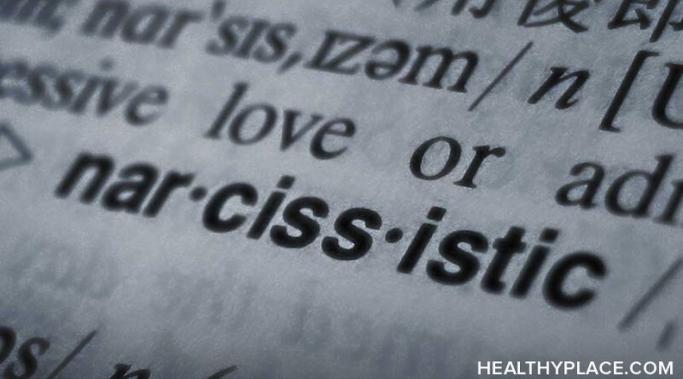I had somehow convinced myself that my life would be over the moment I walked out of there, completely devoid of confidence and self-worth. That’s a tad dramatic, but at the time, I didn’t know better; I was so clouded by feelings of self-doubt to see beyond the tragedy (as I would have described it at the time) unfolding right before my eyes. You’re a little lost, so let me dial it back for you.
Self Confidence
For a very long time, I wasn’t comfortable with myself. During my journey to healing, I quickly realized that it’s a lot easier for us to make friends with strangers than our own selves. It took me such a long time to make friends with myself and slowly learn to love who I am. Now that I’m here, I hope to help as many people as possible find their way to self-love.
When faced with a difficult situation, it can be overwhelming and sometimes lead to low self-esteem and self-doubt. This makes it hard to stay motivated and confident. In my experience, it is important to develop coping mechanisms that help you over the long term because everyone experiences difficult times in their lives.
I have had many people talk to me about struggling with low self-confidence and negative self-talk and how hard it has been for them to train themselves to stop letting negative emotions control their lives. For years, I, too, struggled with these feelings. Self-criticism was a daily practice, and I would find fault in everything I did.
Over the past several months, I've been writing about ways to boost self-esteem at a comfortable pace. I find that working at your own speed and setting achievable goals will help set anyone up for self-esteem success. Today, I'd like to talk about something different I tried recently. I want to talk about how challenging myself affected my self-esteem.
If you're like me, you might have trouble accepting compliments. Today I'd like to talk about the simple steps I've taken to respond better when someone compliments me and how it's helped improve my overall self-esteem.
In my last post, I talked about balancing pressure and self-esteem. I often place so much emphasis on my mental health that it becomes my entire identity, which can potentially negatively affect my self-esteem and denies me the ability to choose my identity.
Over the past couple of weeks, I've studied how my mental health fluctuates daily. I've noticed recently that I often struggle the most when I put significant pressure on myself to feel good, and it negatively affects my self-esteem. I mean that I put a lot of pressure on myself to be mentally healthy and subsequently notice a negative correlation with my state of mind. Today, I'm going to talk about that pressure.
I've struggled with feeling like I'm too self-confident in the past. I have often felt like I was too proud and that it didn't come off well to others. As I learned more about myself, I realized that not knowing the difference between high self-esteem and conceit was potentially a factor in lowering my self-image.
In my last post, I discussed my self-esteem battle working as an actor and how that can translate to other lines of work. I spoke on the importance of knowing that sometimes progress is made in ways that aren't immediately visible. Today, I'd like to talk about the types of progress that I can control. In doing this, I'll identify some areas that I'd like to improve and how doing that helps me achieve my goals and build self-esteem.









